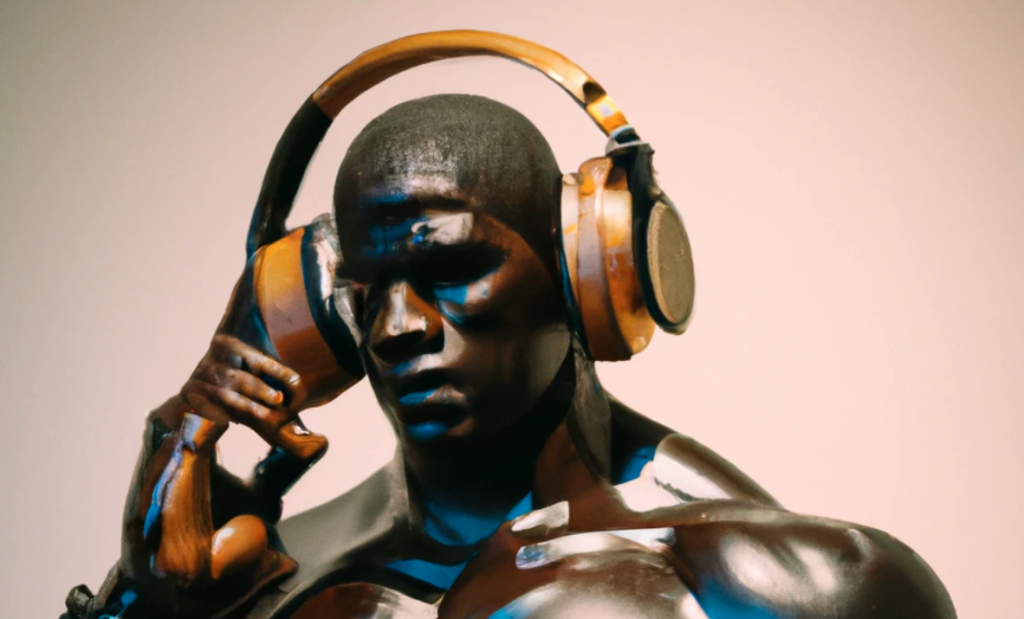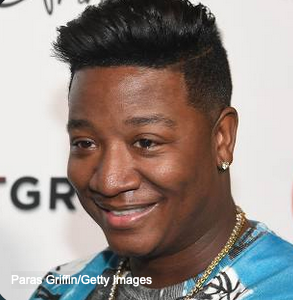Has hip-hop become soft? In this post, we’ll take a quick look at industry masculinity.
Yung Joc’s fresh beveled pixie haircut has been creating a buzz online lately. The rapper, known for his hit song “It’s goin’ down,” revealed in a recent interview with Vibe Magazine that he had the haircut done for an upcoming movie role.
In addition to appearing on Love & Hip Hop: Atlanta, Joc will star in the stoner comedy Waiting to Inhale alongside comedian Shawty and several other projects. Joc addressed skeptics by asserting that his hair is natural and that his stylist only performed a basic blowout without using any relaxers or hot combs.
“I’m a true Atlantan,” he added. “In the past, you’d see guys walking around with finger waves and s-curls, but that’s not my style.”
Hip-hop has been an influential genre since its inception in the 1970s, but its portrayal of masculinity has evolved. While hip-hop was initially seen as a platform for marginalized communities to voice their struggles and experiences, it has since become a dominant force in popular culture, significantly impacting society’s understanding of masculinity.
In the past, hip-hop was rooted in the experiences of black and brown communities that faced systemic racism, poverty, and violence. As a result, it often celebrated hypermasculinity as a means of survival. Rappers like Tupac, Biggie, and Dmx embodied the image of a tough, street-smart hustler, with their lyrics and personas portraying a sense of invincibility and domination.
However, this portrayal of masculinity in hip-hop has been scrutinized recently. Critics argue that glorifying violence and aggression perpetuates harmful stereotypes and reinforces toxic masculinity. The industry has seen a growing backlash against these themes, with artists like Kendrick Lamar and J. Cole advocating for a more introspective and vulnerable form of masculinity.
Contemporary hip-hop has shifted towards artists who prioritize emotional authenticity over bravado. Rappers like Drake and Kid Cudi are known for their introspective and often vulnerable lyrics, exploring themes of mental health, heartbreak, and self-reflection. This shift has been met with mixed reactions, with some praising it as a more nuanced and realistic portrayal of masculinity, while others argue that it is a departure from the genre’s roots.
Despite this shift, hip-hop continues to grapple with issues surrounding masculinity, particularly regarding the representation of women. The industry has been criticized for promoting misogyny and objectification, with female rappers often being relegated to the sidelines or forced to conform to male-dominated standards.
However, there has been a growing movement towards elevating and supporting women in hip hop, with artists like Cardi B, Megan Thee Stallion, and Lizzo gaining mainstream success.
In conclusion, the portrayal of masculinity in hip-hop has significantly transformed over the years. While the genre was once known for celebrating hypermasculinity, there has been a growing movement towards a more introspective and vulnerable form of masculinity.
However, hip-hop continues to grapple with issues surrounding misogyny and the representation of women, highlighting the need for continued progress and introspection within the industry.




